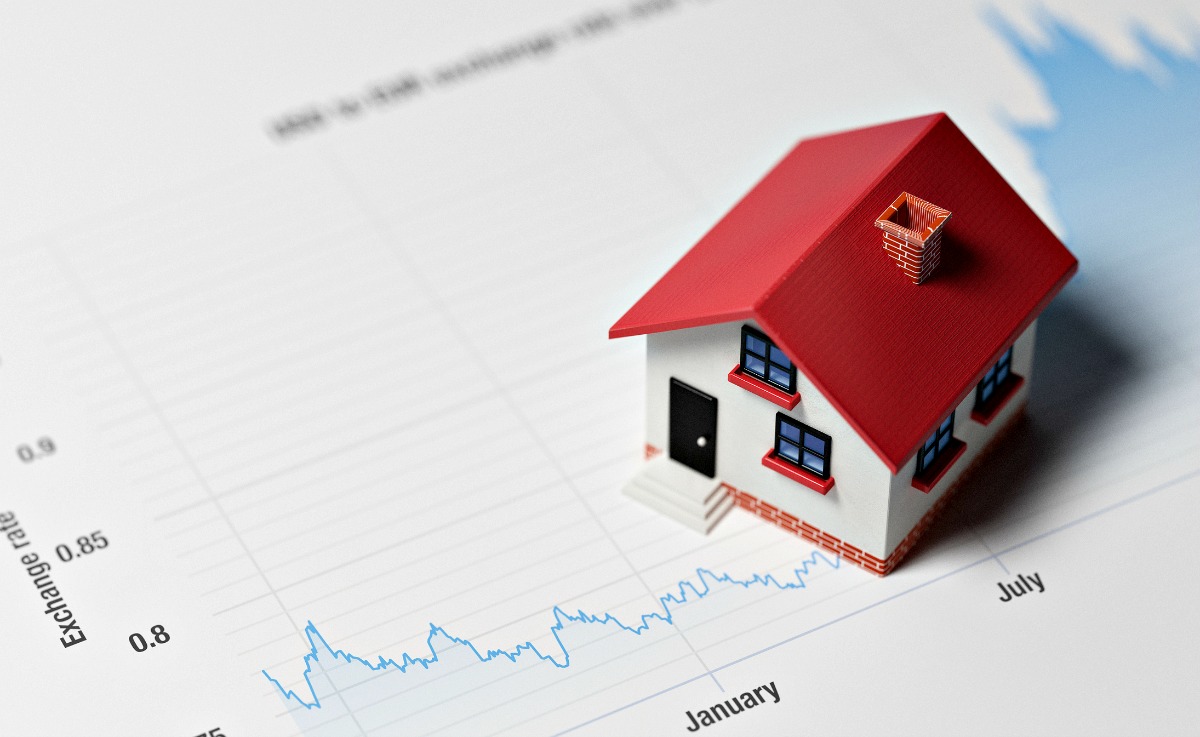A dynamic ecosystem, the real estate market is impacted by a range of factors, including social trends and economic situations. Whether you’re a prospective buyer, seller, or investor, staying informed about current trends and insights is crucial for making informed decisions in today’s competitive market.
Economic Factors Driving The Market
At the heart of the real estate market lie economic indicators that profoundly impact buying and selling trends. Key factors include interest rates, employment rates, and overall economic growth. Low interest rates typically stimulate housing demand by making mortgages more affordable, whereas high rates can deter potential buyers. Similarly, robust job markets and rising incomes often correlate with increased housing activity, while economic downturns may lead to a slowdown in sales.
Global events like the pandemic have caused the economic landscape to fluctuate in recent years. While initially slowing down housing markets, these events later drove a boom in demand for larger homes and suburban properties as remote employment grew more common.
Shifts In Demographics And Lifestyle Preferences
Real estate trends are also greatly influenced by shifts in the population and changing lifestyle preferences. Millennials, now the largest cohort of homebuyers, have distinct preferences compared to previous generations. They prioritize amenities such as eco-friendly features, proximity to urban centers with vibrant cultural scenes, and flexible living spaces that accommodate both work and leisure activities.
Concurrently, baby boomers entering retirement are driving demand for age-appropriate housing, including communities with healthcare facilities, recreational amenities, and accessible layouts.
Technological Advancements Reshaping The Market
Technological advancements have revolutionized how real estate transactions occur and how properties are marketed. Virtual tours, 3D modeling, and augmented reality have become standard tools for showcasing homes, allowing buyers to explore properties remotely with unprecedented detail and realism. Moreover, data analytics and artificial intelligence enable real estate professionals to predict market trends more accurately and personalize recommendations based on individual preferences.
Sustainable And Green Building Practices
Demand for energy-efficient buildings and households has increased as environmental sustainability has come into greater focus. An increasing number of purchasers and investors are looking for green certifications, such LEED (Leadership in Energy and Environmental Design), which reflects a movement in lifestyle toward lowering carbon footprints and environmental consciousness. Builders and developers are integrating sustainable practices, such as solar panels, energy-efficient appliances, and eco-friendly materials, into new construction and renovation projects to meet this growing demand.
Urban Revitalization And Suburban Migration
The dynamics between urban centers and suburban areas continue to evolve. While cities traditionally offered proximity to jobs and cultural amenities, recent trends indicate a resurgence of interest in urban living post-pandemic, driven by a desire for convenience and community connectivity. At the same time, suburban migration persists, fueled by larger living spaces, quieter neighborhoods, and access to outdoor recreation. Prospective buyers benefit from the expertise of real estate agent Carlsbad who navigate current market trends and insights, ensuring informed decisions align with economic shifts and demographic preferences.
Investment Opportunities And Market Volatility
For investors, real estate remains a cornerstone asset, offering stability and potential for long-term appreciation. However, market volatility, geopolitical factors, and regulatory changes can influence investment strategies and risk management. The demand for rental properties in growing cities or vacation homes in popular tourist destinations are only two examples of how diversification across different property types and geographic areas may lower risks and seize new opportunities.
Conclusion
Understanding the real estate market requires awareness of interconnected factors, from economic indicators and demographic shifts to technological innovations and sustainability trends. Whether you’re considering investing in real estate or buying your first home, staying up to date with the most recent real estate trends and insights enables you to make well-informed decisions that fit your lifestyle preferences and financial goals. By keeping a pulse on market dynamics and seeking guidance from knowledgeable professionals, you can navigate the complexities of the real estate landscape with confidence and foresight.
To put it simply, the real estate market is about more than just buying and selling properties. It’s also about comprehending the complex network of factors that drive market trends and insights and making sure that every choice you make is supported by thorough research and strategic planning.
Get the latest scoop and updates on internalinsider.com










